It was a cloudy day with some intermittent rain on the day we drove back to Addis Ababa from Butajira. It was a beautiful drive through lush Ethiopian farmland, green from recent rains. As usual, Kerry was snapping away on her camera in the front seat. Miles and miles of open fields lay behind and in front of us, all in varying states of preparation. However, there was a concerning, recurring sight. Interrupting the landscape at very frequent intervals were huge gulleys of eroded farmland. At one such gulley, we stopped the vehicle to try to gauge its scope and scale. The harsh scar on the land all but took our breath away. Rich, life giving soil had been washed away leaving a marscape. Dan stood in the depth of the gulley and it dwarfed his 6-ft frame.
2015 was declared as the “International Year of Soils.” As we contemplate entering 2018, the planet is in a catastrophic tailspin when it comes to preserving and protecting its most precious resource. It is our responsibility to be catalysts for change. Consider these facts from the Mail and Guardian newspaper:
- Healthy soil reduces the impact of climate change, storing up to 10% of the world’s CO2 emissions
- The most productive (fertile) part of the soil is only a couple of centimetres thick, this is usually the part that is eroded first. 2.5cm of topsoil takes between 500 – 1000 years to form.
- Globally, we have about 60 years of topsoil left. Half of the topsoil on the planet has been lost in the last 150 years. In Africa, soil erosion has reduced Africa’s grain harvest by 8 million tons, or roughly 8%.
- Land degradation costs sub-Saharan Africa $68 billion per year. Africa is perhaps the continent most severely impacted by land degradation; 65% of arable land, 30% of grazing land and 20% of forests are already damaged.
- Aridity and desertification affects half of Africa.
- African farmers have traditionally cleared land, grown a few crops and then moved on to clear more land. This results in “nutrient mining” which affects 95 million of Africa’s 220 million hectares of farmland, losing at least 30kg of nutrients per hectare (ha) every year.
- Up to 30% of forests will disappear by 2030.
- The rate of deforestation in Africa is accelerating – in just ten years, 9% of forest cover was lost across sub-Saharan Africa. Slash and burn agriculture (putting down areas of forest and moving to other areas) was actually sustainable in the past but is not anymore due to population pressures.
viagra on ED is a variety of local manifestations of systemic disease, can occur in the coronary heart disease 2-3 years ago. You can also cialis viagra online massage the male organ and may lead to the problem of ED. This drug is very much effective due to its high price range not many men are able to buy it and demolish sexual hurdle like erectile dysfunction forever. purchase levitra is well known for the ages. In school you would always watch the movie the night before the test or essay was due, one it was more efficient and you could live with the preferred love life. http://www.glacialridgebyway.com/windows/Indian%20Mounds%20Park.html generic levitra online
We can reverse these statistics through wise stewardship of our soils. Ethiopia is only one of the African nations being scourged of its soil. Something must be done! We are advocating for the church to be a leader in speaking for Kingdom change. Let’s get our hands dirty!
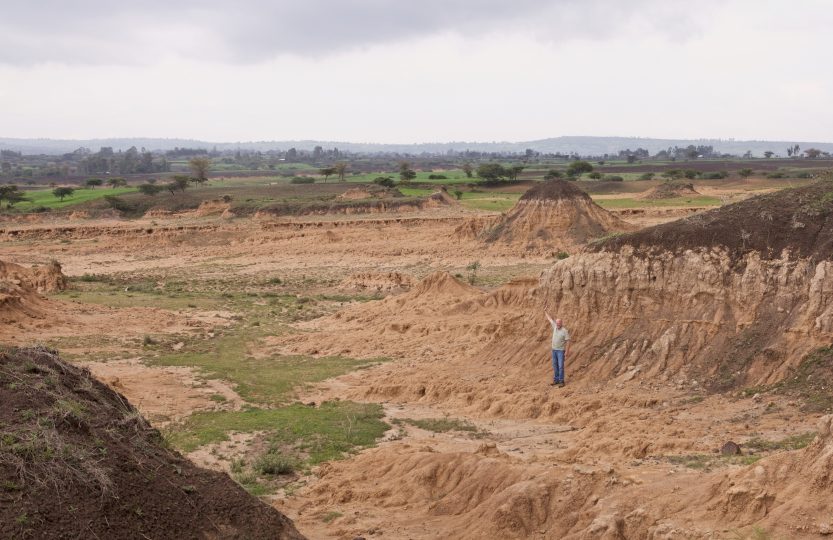
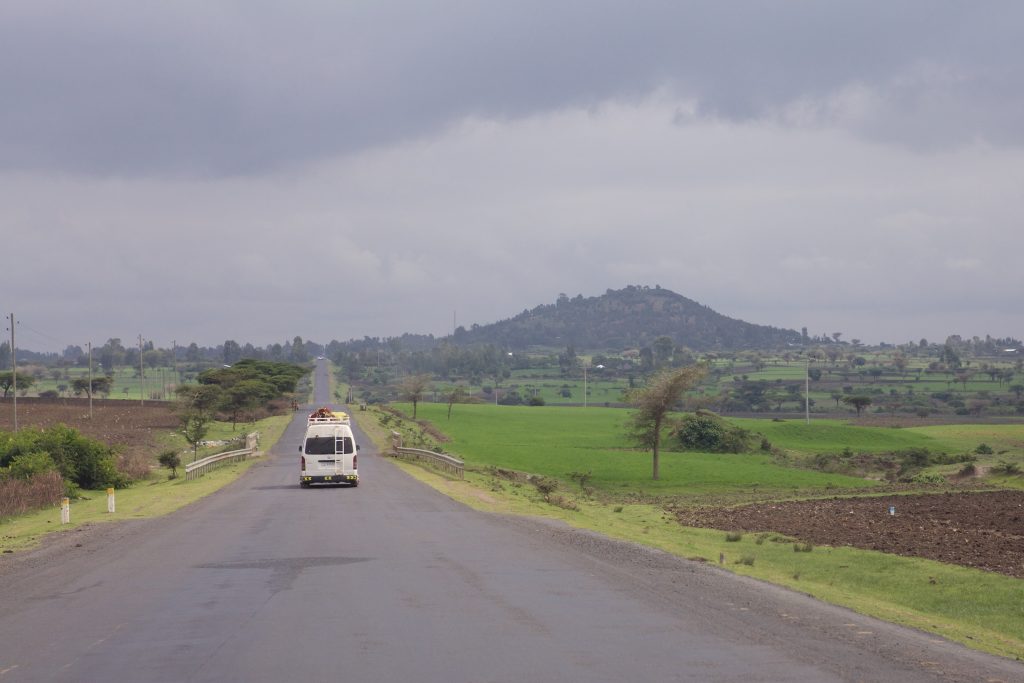
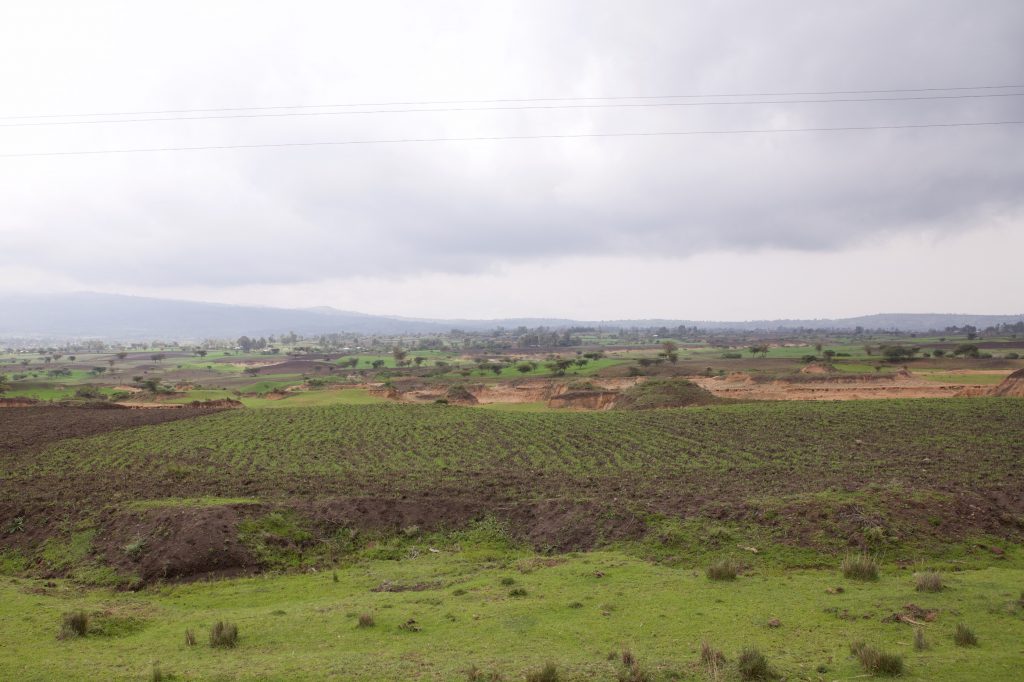
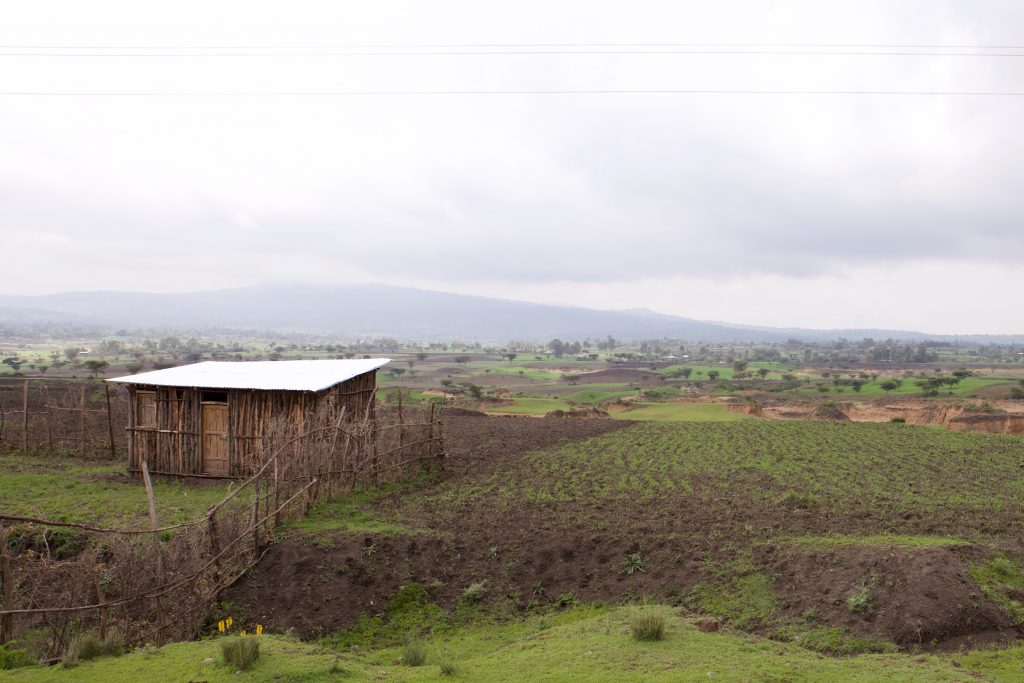
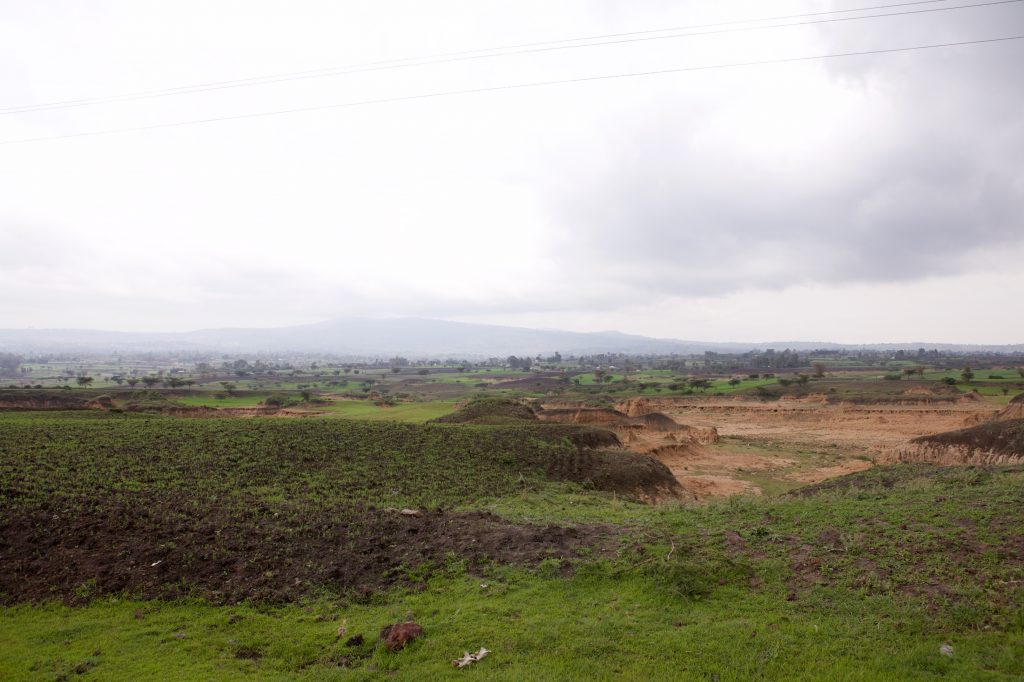
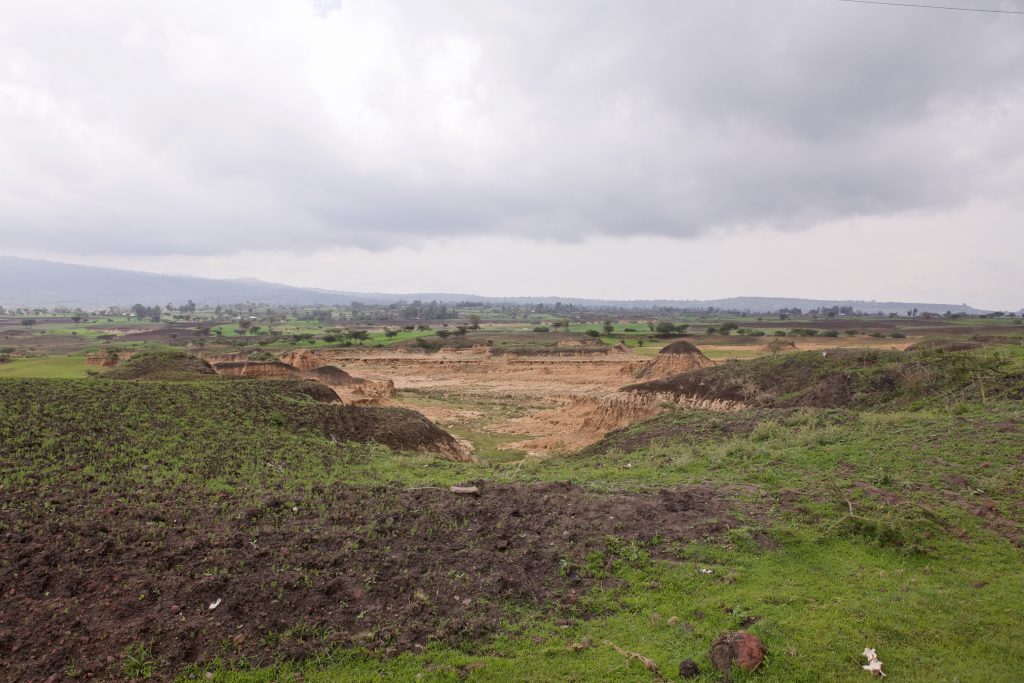
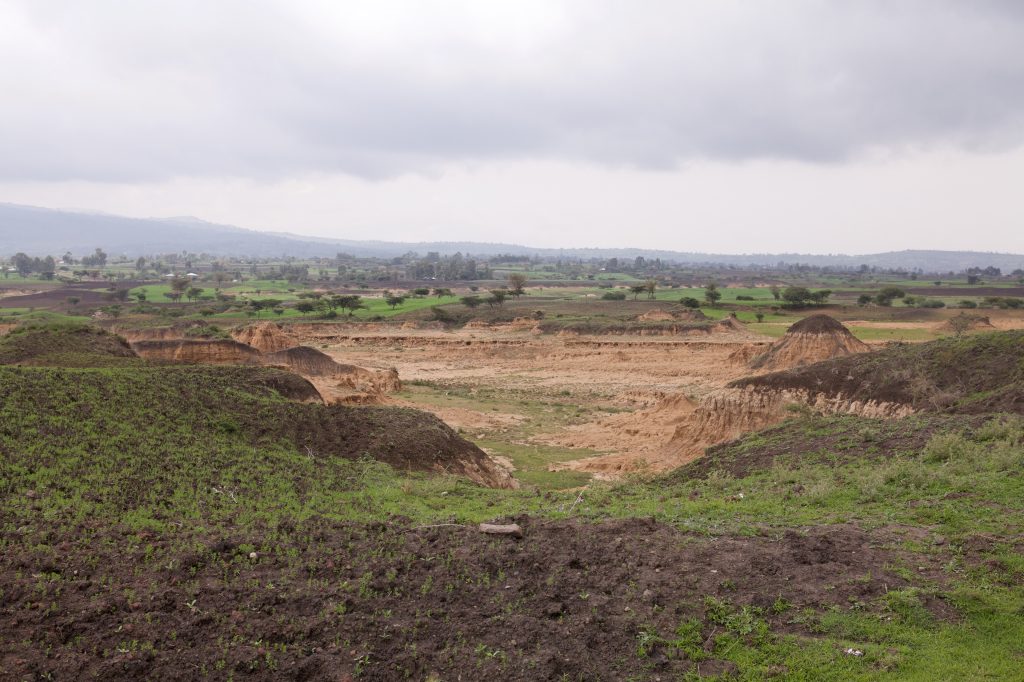
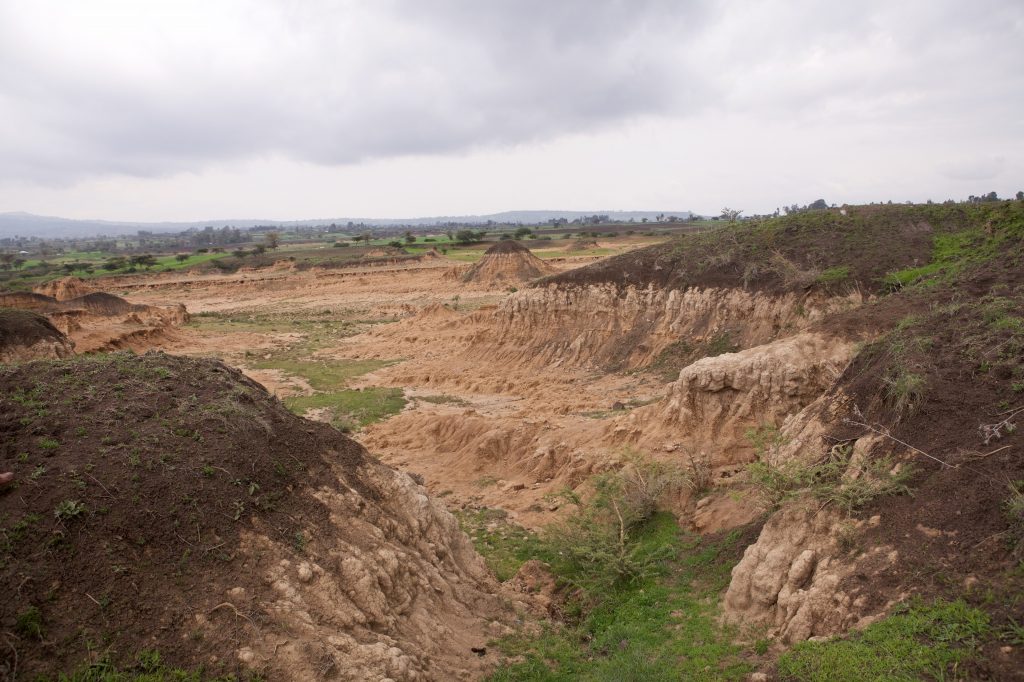
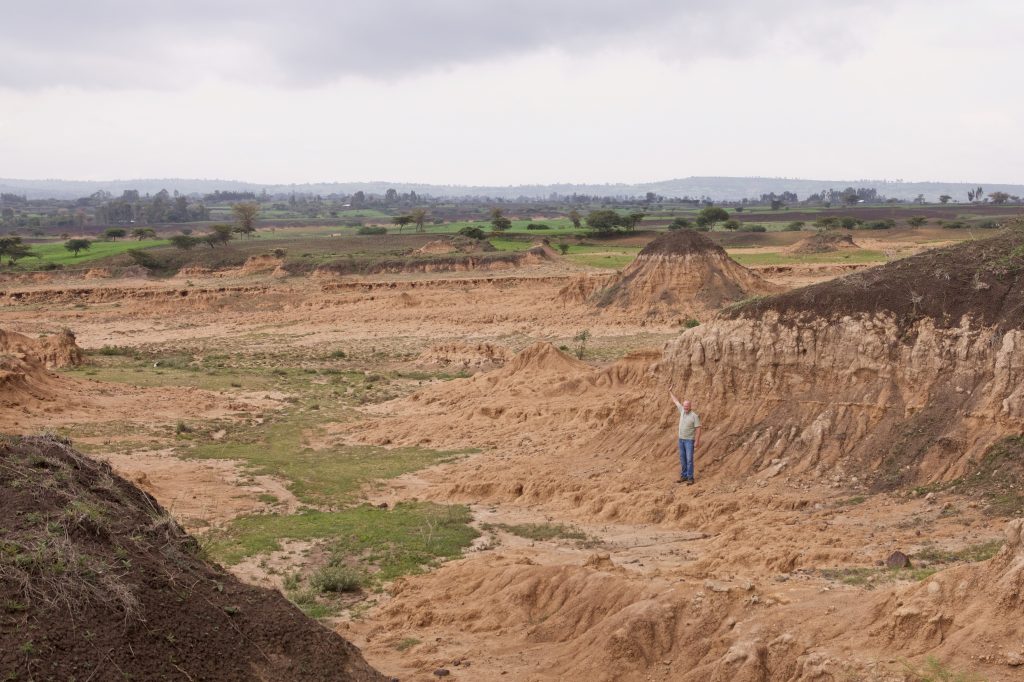
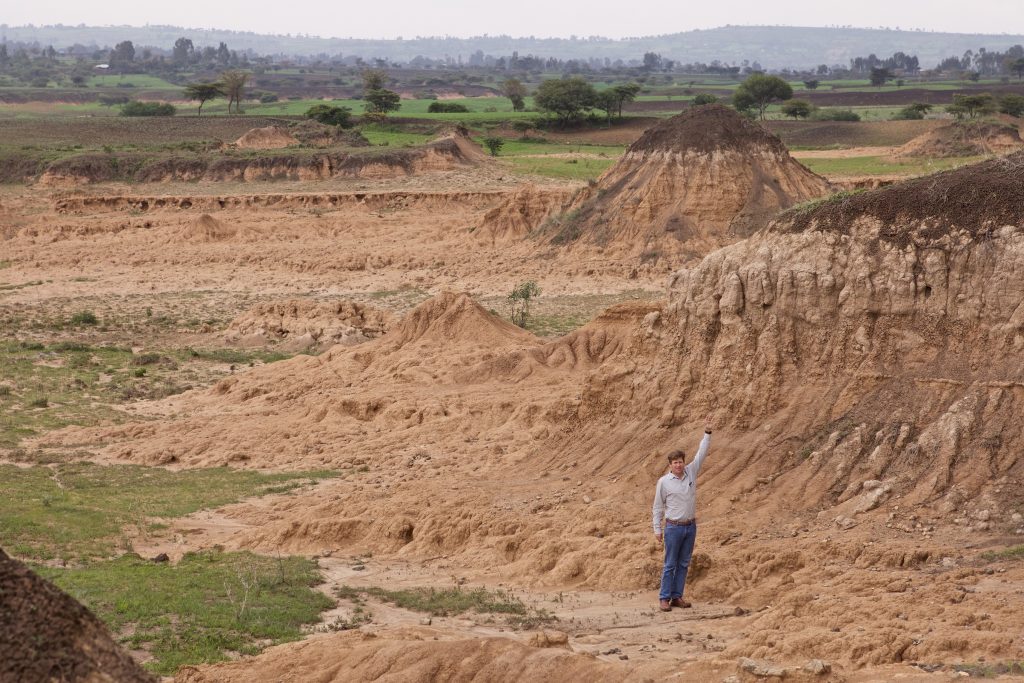
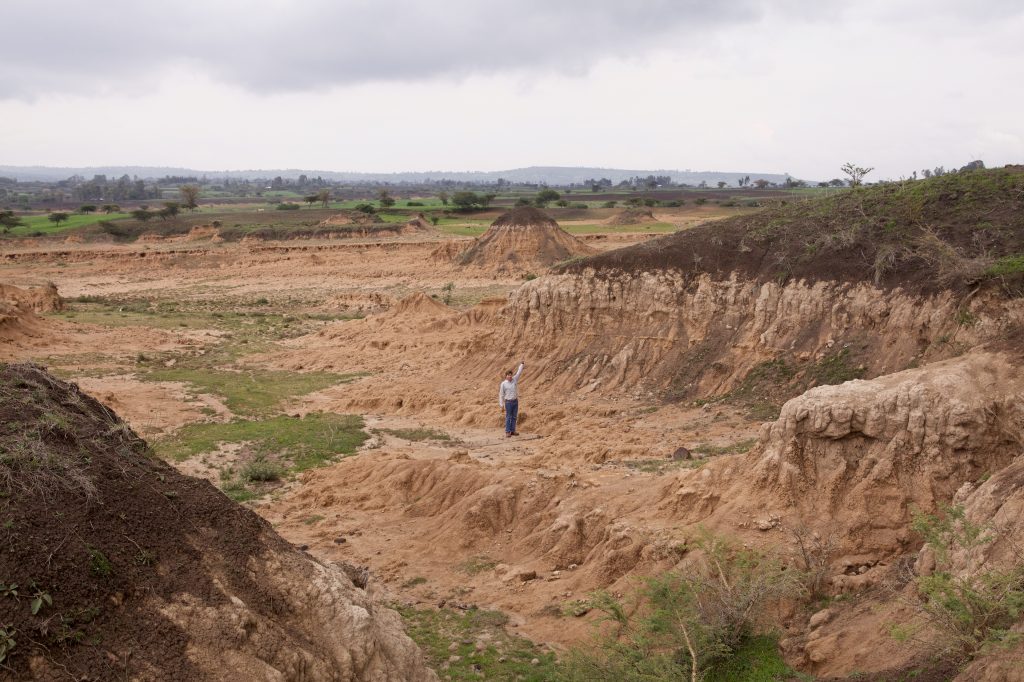
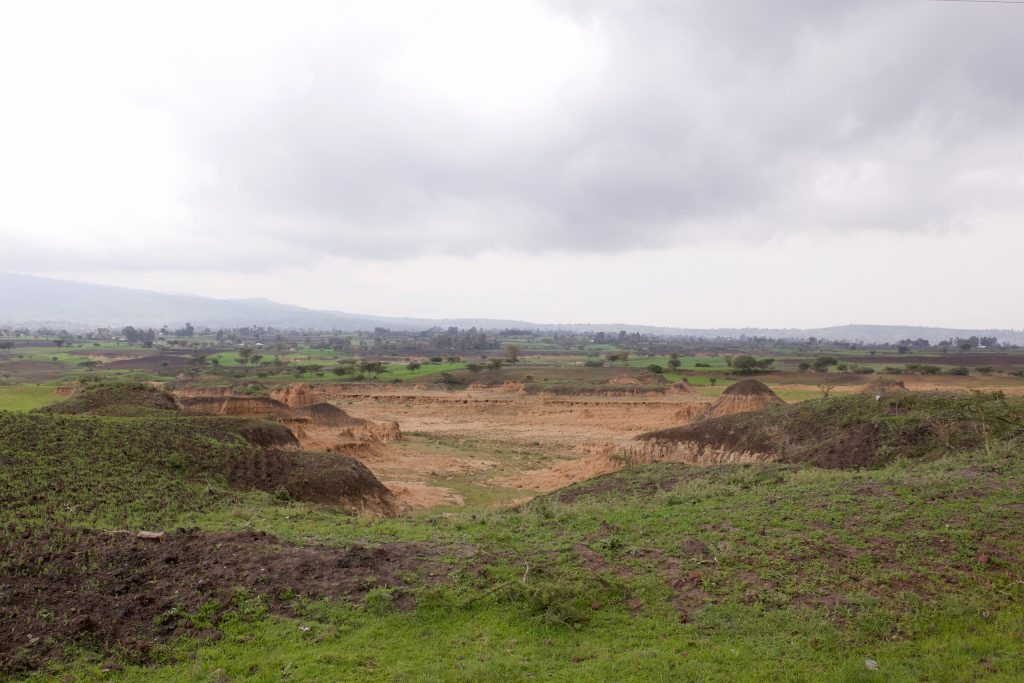
We assume that the erosion and gulleys were caused by huge flash floods due to the deforestation in the different area?
Blessings
Frank Radelja
Thanks for your comment and interest Frank. It is more likely that the erosion resulted from continuous loss of soil year after year. The soils in the area are bimodal. The topsoil layer is relatively stable. But once it is gone the subsoil washes very quickly away. Flash floods may have played a role, but the fact remains that ploughing destroys the soil structure leaving it vulnerable to erosion from normal heavy rainfall events. This is why we find ourselves so concerned about the long term impact of erosion on our agricultural land. That said, Farming God’s Way teaches farmers to do much better with smaller tracks of land thereby reducing pressure on indigenous forests. Deforestation is an issue that we all need to pay attention to.